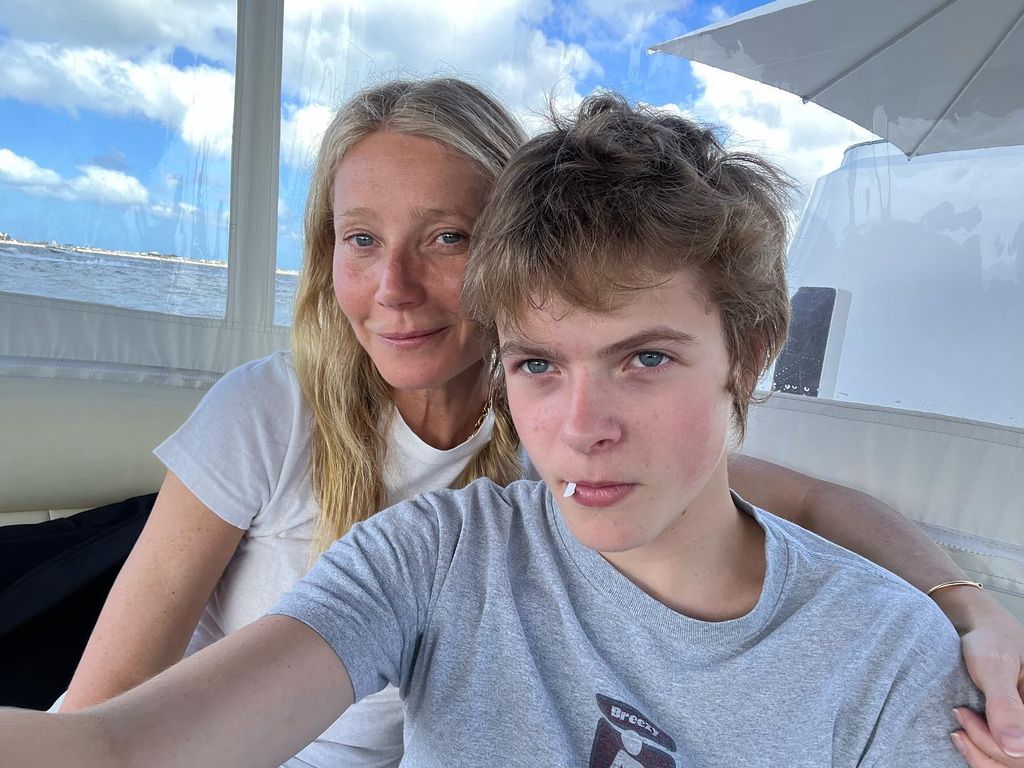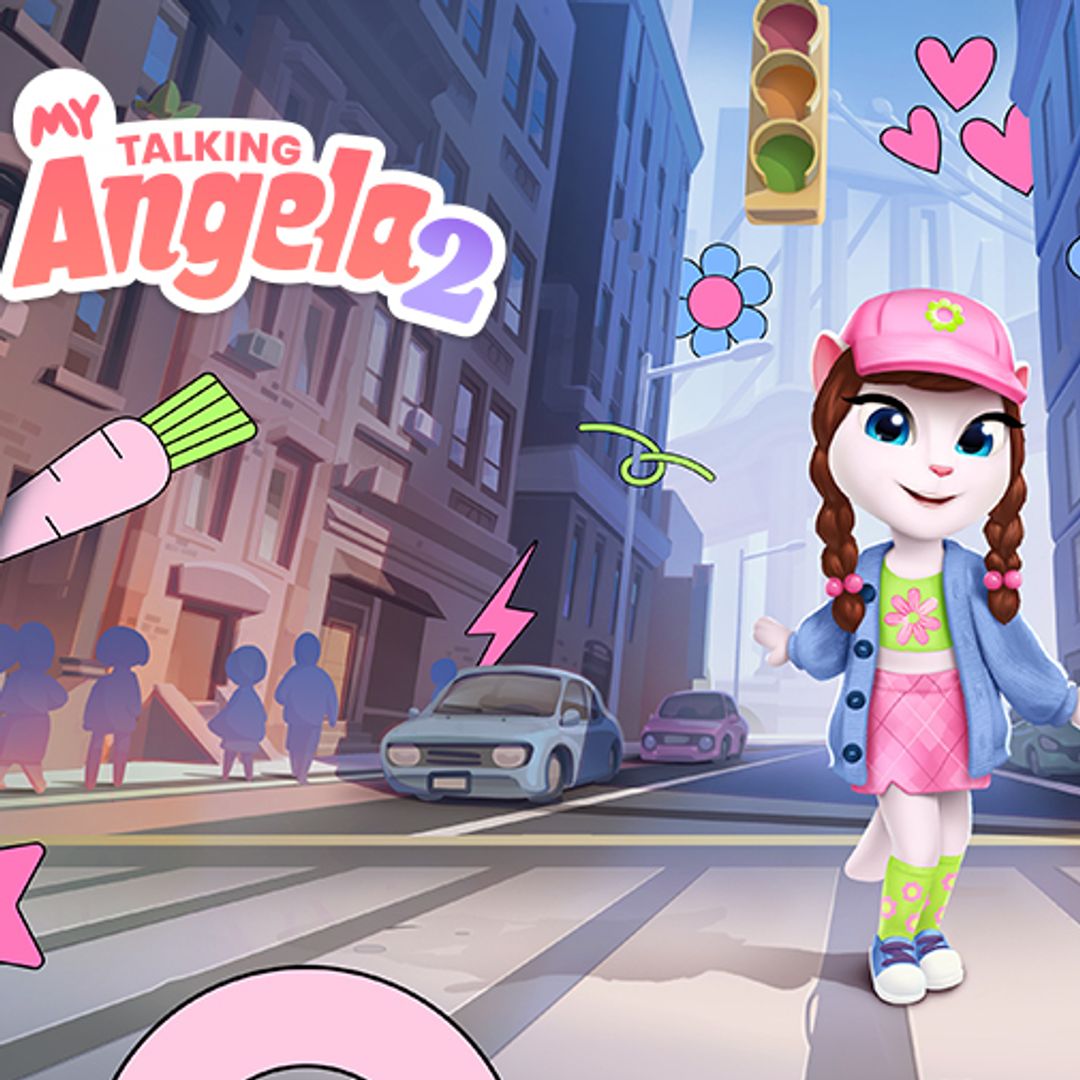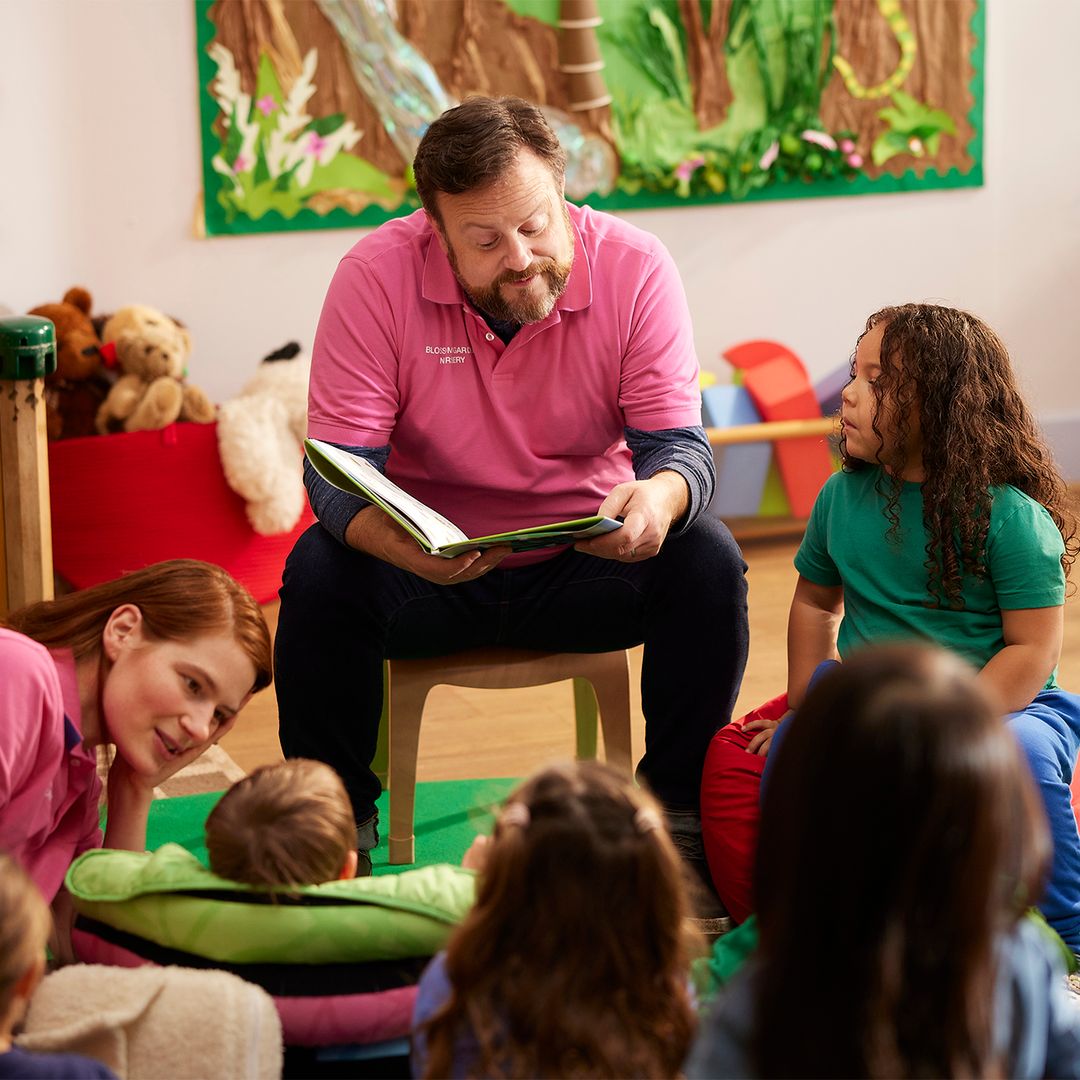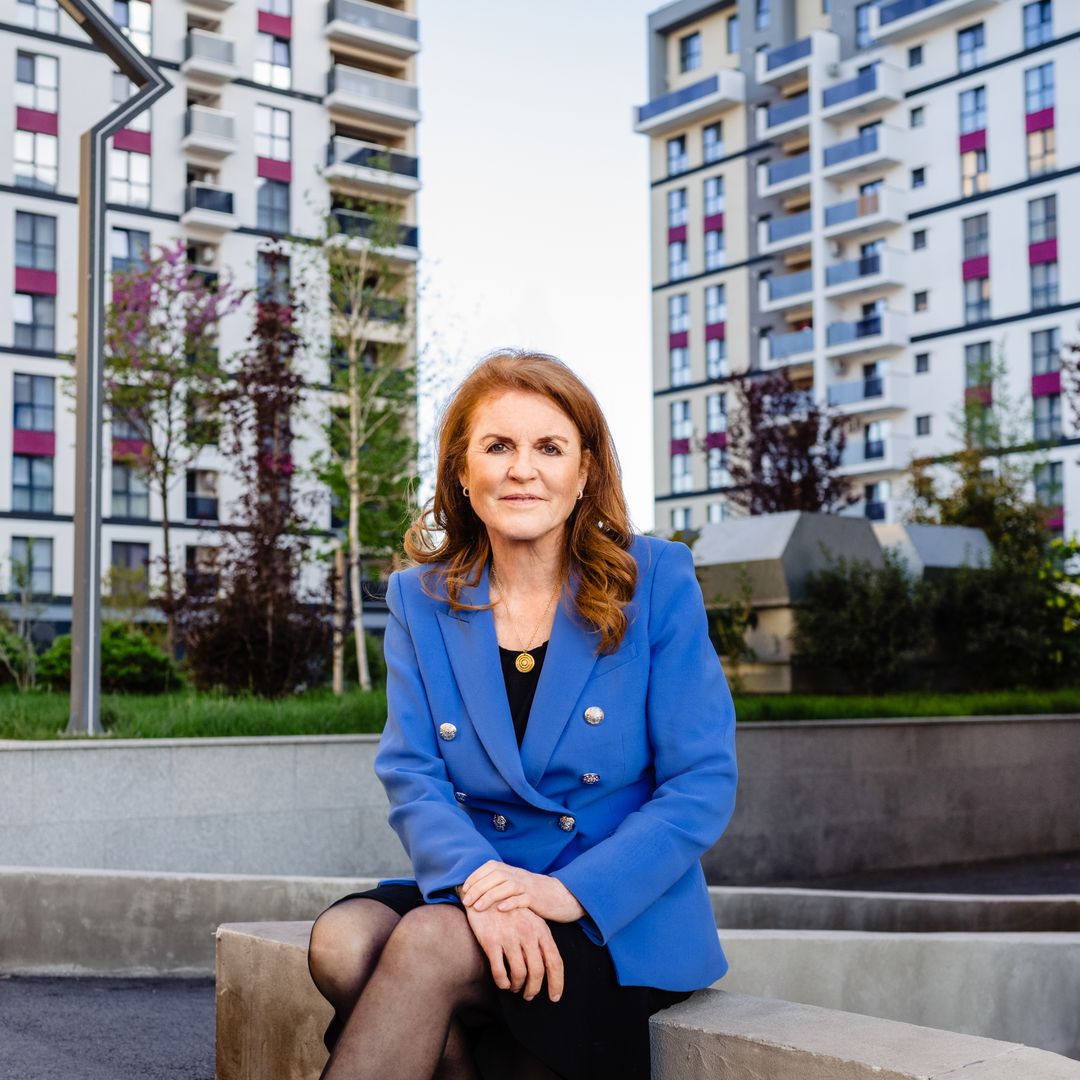Exam season is upon us, and while your teens are likely fretting about revision and the grades they're predicted, parents around the country are looking ahead to September when said teens are set to fly the nest for university.
When our children leave home, empty nest syndrome can set in – and nobody is immune from it, with even A-lister Gwyneth Paltrow sharing she feels "incredible sadness," over her son Moses's imminent departure.
"I've been so defined and so fulfilled by motherhood. I don't even know how to articulate it. It's like the guiding force," Gwyneth told the Sunday Times, adding of her apprehension: "It's been basically 20 years of me being beholden to a school calendar – so what will that feel like to not have that?"
What is empty nest syndrome?
Gwyneth's description of feeling lost without her role as a full-time mother goes some way to describing empty nest syndrome.
A loss of purpose
"Many parents, particularly women as they are often the primary carers, feel grief and a profound sense of loss when their remaining child or children move out," explains BACP-accredited therapist Billie Dunlevy. "Some parents can experience a loss of purpose, an identity crisis and an increase in anxiety or depression," she continues.
BACP-registered counsellor Georgina Sturmer adds that an empty nest can feel isolating: "Our homes feel quieter and we might feel as if we have left behind.
"It’s a reminder that we are moving through life and getting older. Our sense of purpose might feel diminished and our sense of identity can hang in the balance."
Empty nest and relationship changes
While an empty nest might mean you have more time to spend with your partner, Billie explains that this in itself can be an issue. "With daily parenting less of a focus, some people experience tension in their marriage or relationship," she says.
"There often needs to be a period of rediscovery to what a romantic relationship might look like within this change. Relationships that were mainly focused on parenting together may break down in this season."
INSPIRATION: My empty nest at 59 shocked me into changing my life
Single parents and empty nest
Single parents may be particularly impacted by an empty nest, with Billie explaining: "For single parents it can bring up a lot of fear for the future and sometimes a preoccupation with their child’s life from afar."
READ: Dating as a single parent - what a love expert wants you to know
How to cope with empty nest syndrome
1. Acknowledge your feelings
"Like all grief, it’s important recognise that the empty nest feeling can't be rushed or pushed away, as this often makes things worse," cautions Billie. "We don’t tend to overcome grief, instead we move through it and with time it changes into something else."
Georgina agrees that being open about how you're feeling is essential for coping with empty nest syndrome.
"We might feel a need to hide our feelings, and pretend that we are revelling in the delight of having our home to ourselves. But the reality is that many people struggle with the adjustment to an empty nest.
"It’s good to express any pain or grief that we are feeling. Connecting with others who are feeling the same way might help us to feel less lonely."
2. Stay in touch with your children
When they're off living their new lives, we might feel our children don't have time to talk to us, but creating regular check-ins can ease this fear.
"This doesn’t mean a rigid timetable of telephone calls, unless that’s what appeals to everyone in your family," Billie begins, adding: "It’s helpful to think about how and when you’ll touch base with your children.
"Decide what plans you want to make together - so that you can feel that you’re staying in other’s lives without disappearing from each other or stifling each other."
3. Rediscover who you are
Reframing your kids leaving home is a positive way to look at this new life stage.
"Ask yourself how you would like to spend any new time you have," says Billie. "Consider what is important and fun to you outside of your role as a parent.
"Feeling lost and questioning identity is a normal part of empty nest syndrome. Self-discovery can feel daunting and many parents feel a void they don’t know how to fill, but making space to get to know yourself can also be liberating and exciting."
Georgina agrees, adding: "The nest might feel emptier, but there’s still at least one person there who is worth nurturing - you.
"Think back to the times that you’ve possibly sacrificed your own interests in order to make plans for the children. What hobbies can you rekindle, what new challenges can you set yourself? How can you fill your time? It might feel like the end of an era, but it’s also the beginning of a new one."















